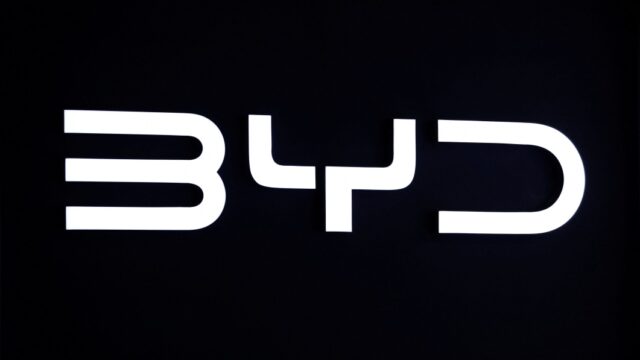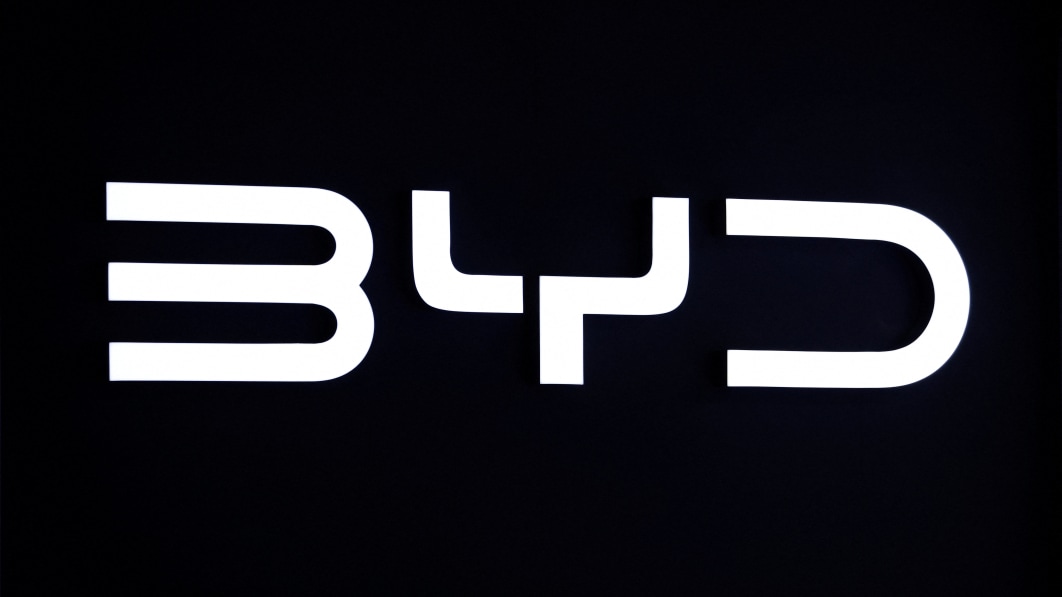China’s BYD plans to end production of the pouch-type batteries used in its best-selling hybrids as the automaker seeks to address durability concerns and the risk that they could leak, said three people familiar with the matter.
The world’s top seller of battery-powered cars last month began converting production lines for pouch-type cells in two of its factories situated in Shaanxi and Zhejiang provinces to produce prismatic batteries instead, said one of the people, who had direct knowledge of the matter.
It is still making pouch-type cells at a third factory in Qinghai province to minimize disrupting production of its hybrid vehicles, which accounted for almost half of its global sales last year, but plans to switch that too and completely stop using pouch cells by early 2025, the person said.
BYD, which is backed by Warren Buffett’s Berkshire Hathaway, did not respond to requests for comment.
The battery uncertainties reveal the challenges BYD faces in its core home market, where most of its hybrid vehicles are sold, even as it looks to take on Tesla Inc on the global stage by boosting exports.
No cases of battery leakages from BYD cars have been reported by the automaker or Chinese regulators to the public. But BYD and some industry experts believe that pouch-type batteries, where the cells are wrapped in a thin metal bag made of aluminum laminated films, have a higher chance of leaking electrolytes, said the three sources.
In extreme cases, leaking electrolytes could cause the battery to burn or explode, they said.
Some rival automakers have already highlighted the risks of pouch-type batteries. Volkswagen said in 2021 it was moving away from such batteries, while Tesla CEO Elon Musk has said that the company “strongly recommends” against their use, given that the probability of a jump in battery temperature was “dangerously high”.
In 2022, BYD recalled more than 60,000 units of its Tang DM-i hybrids that used the pouch-type batteries. The recall plan that it reported to the regulator cited a battery pack defect that could cause a “thermal runaway”.
Self-developed technology
Electric and hybrid vehicles use three main types of batteries – cylindrical, prismatic and pouch type. The first two are encased in hard materials. Widely also used in personal computers, tablets and other consumer electronics, pouch batteries are lighter, but are at risk of corrosion and could be vulnerable in crashes.
BYD unveiled in 2021 its self-developed hybrid technologies including a blade-shaped battery pack containing pouch cells which it said could achieve a higher charge and discharge efficiency specifically required by plug-in hybrid (PHEV) cars.
It uses such batteries in all of its PHEV models, which made up 48% of its total car sales of 3 million units in 2023 and are almost all sold in China. BYD does not source batteries externally, and the batteries it makes are mostly for its own use.
The automaker plans to replace the pouch batteries in its PHEVs with a type of prismatic battery known as “Short Blade”, which is similar in structure to the Blade battery it uses in pure electric vehicles with stacked foils but is shorter in length, one of the sources said.
BYD sold 98% of its hybrid cars at home last year, and eight of the 10 top-selling plug-in hybrid cars in China, according to data from the China Association of Automobile Manufacturers.
It exported only a small number of the Song, Qin Plus and Destroyer 05 PHEV models, which use the pouch batteries, to markets such as Brazil.
The financial impact on BYD from the production switch could not be immediately determined. BYD posted record third-quarter profit of 10.41 billion yuan ($1.45 billion), 82.2% higher than last year, on revenue of 162.15 billion yuan.
China’s Ministry of Industry and Information Technology and the State Administration for Market Regulation did not respond to requests for comment.
Prismatic batteries pose their own challenge for PHEVs, including the risk of overheating, battery engineers have said.
In China, SVOLT, the battery maker backed by Great Wall Motor, has been making short blade-shaped prismatic batteries used in popular PHEV models such as Geely’s Galaxy L7 and Great Wall’s Haval Xiaolong.






































